Boardroom diversity in the spotlight
The growing profile of BAME sportspeople was celebrated at the British Ethnic Diversity Sports Awards 2016, although challenges at board level remain. Matthew Campelli reports
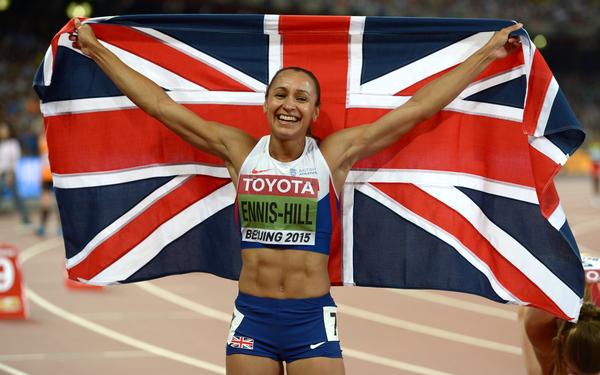
Flashback to November 2014 and the Peers’ Dining Room Suite in the House of Lords. The room hosted representatives from national governing bodies, sporting professionals, business executives and members of pro-diversity organisation, Sporting Equals, to talk about the lack of people from ethnic minorities holding down executive or board roles in national sports organisations.
Mihir Warty, a trustee for Sporting Equals, presented the Leaderboard Report, a piece of research revealing that of the 449 board members of the UK’s national sports governing bodies, only 14 (three per cent) were from black, Asian or ethnic minority (BAME) backgrounds in 2013.
In 2012 there were 15 BAME board members, while the number of individuals deemed to be ‘executive decision makers’ went from 20 in 2011 to seven in 2013. Things appear to be getting worse.
However, the government’s Sporting Future strategy has placed an emphasis on making improvements at board level, and has tasked quangos UK Sport and Sport England with “tackling the lack of diversity in senior positions” and working with governing bodies to “break down the barriers to recruitment”.
Industry responses
Talking to Sports Management at the British Ethnic Diversity Sports Awards (BEDSA) 2016, UK Sport chair, Rod Carr, complimented the strategy’s focus on “encouraging both governing bodies and sports organisations to have more diverse leaders”, but hints that UK Sport and Sport England’s work won’t result in quotas.
“It’s a bit premature, and personally I’m against target-driven culture,” he says. “It’s about knowing people and getting people to apply for board and committee roles.”
Ways of tackling the issue are likely to be addressed in Sport England’s upcoming strategy, due to be published in April.
“More diversity is needed at senior level and it’s time for an informed debate about the best way this can be achieved,” said Sport England chief executive Jennie Price, adding that responding to the needs of different communities “is not an add-on, it’s a must-do”.
Arun Kang, chief executive of Sporting Equals, claims that while the number of BAME professionals in high-profile roles had not increased since 2014, there was now a “real commitment” from governing bodies to “embrace this agenda”.
But the figures don’t lie. Sporting Future revealed that half of the national governing bodies haven’t reached the 2017 target of having 25 per cent female representation on their boards – that’s before even taking into account BAME representation. Former sports minister Helen Grant introduced the target in 2014, with the implication being that failure to adhere may affect funding decisions.
However, Grant is unsure about implementing further quotas for BAME representation, telling Sports Management: “It would be nice if we didn’t have to talk about quotas – we want people from every section of society knocking on the doors of the top jobs and getting them.”
Kang says that while he “expects others to be exploring” the possibility of setting quotas for BAME representation he’s “not sure” that targets are the right route. “For me promotion and increasing the pool of talent is more important,” he adds. “That’s the key to it. At the moment we haven’t exhausted those opportunities. Let’s do that first, and if that doesn’t work then let’s look at other options that are available.”
Grant’s parliamentary colleague Keith Vaz, the former vice-chair of Labour’s Women, Race and Equality Committee, lamented the fact that few BAME individuals had “broken the glass ceiling” in high profile governance roles.
“We don’t see enough people in management – the people who push the buttons and make the decisions,” he says. “If you look at the Football Association (FA), and the people who sit on the board, there aren’t very many from the ethnic minority communities.”
Sporting Equals chief Kang revealed that another Leaderboard session is being lined up this autumn to include the presentation of new research figures. With an improvement in representation figures looking unlikely despite the two-year gap, Sport England, UK Sport, and sports governing bodies appear to have a long road ahead to make events like Leaderboard a thing of the past.
Matthew Campelli is news editor of Sports Management magazine

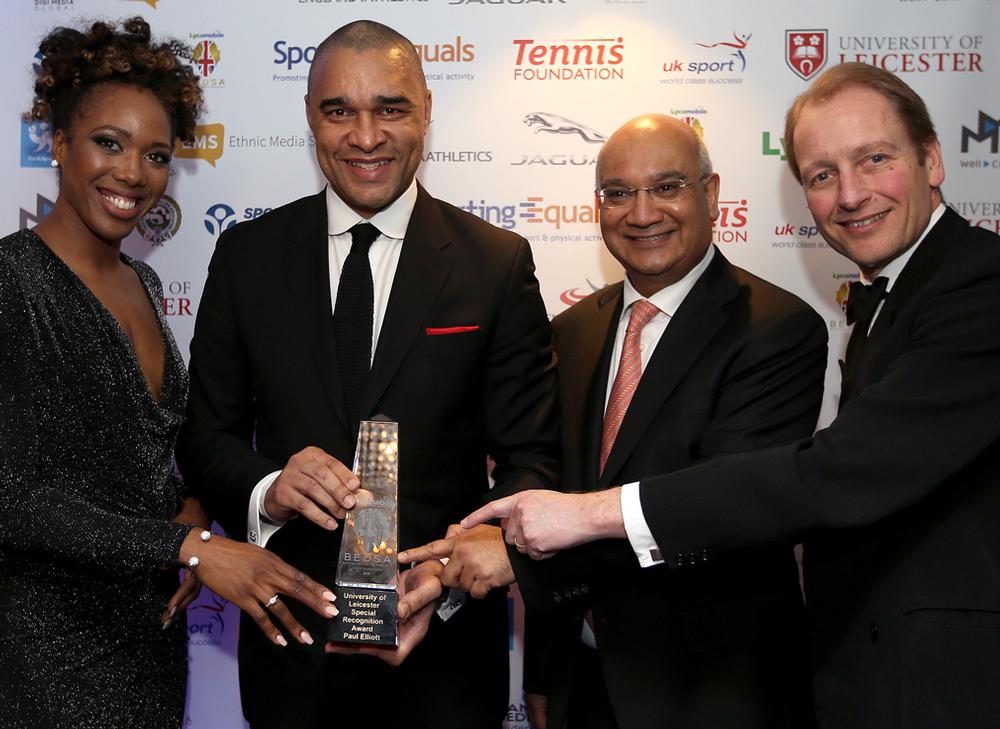
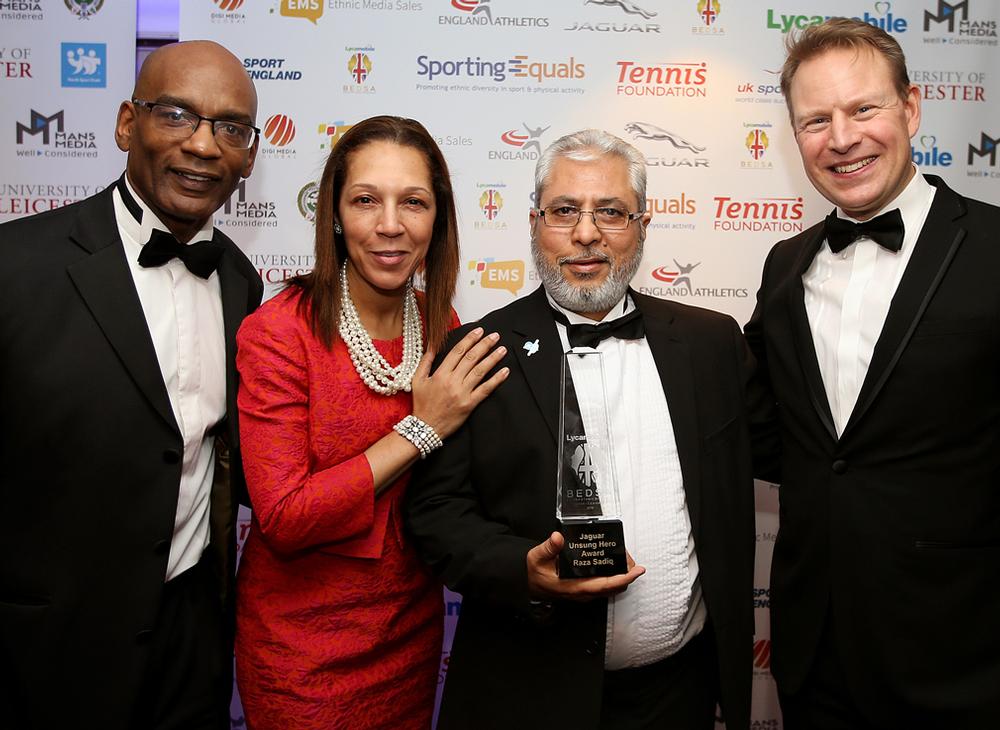
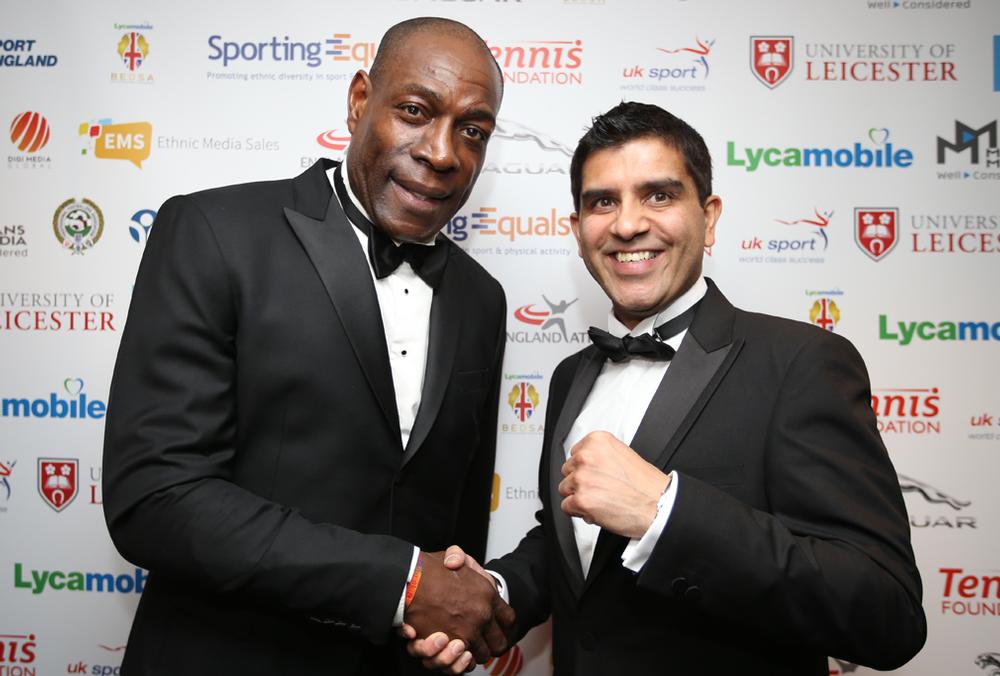
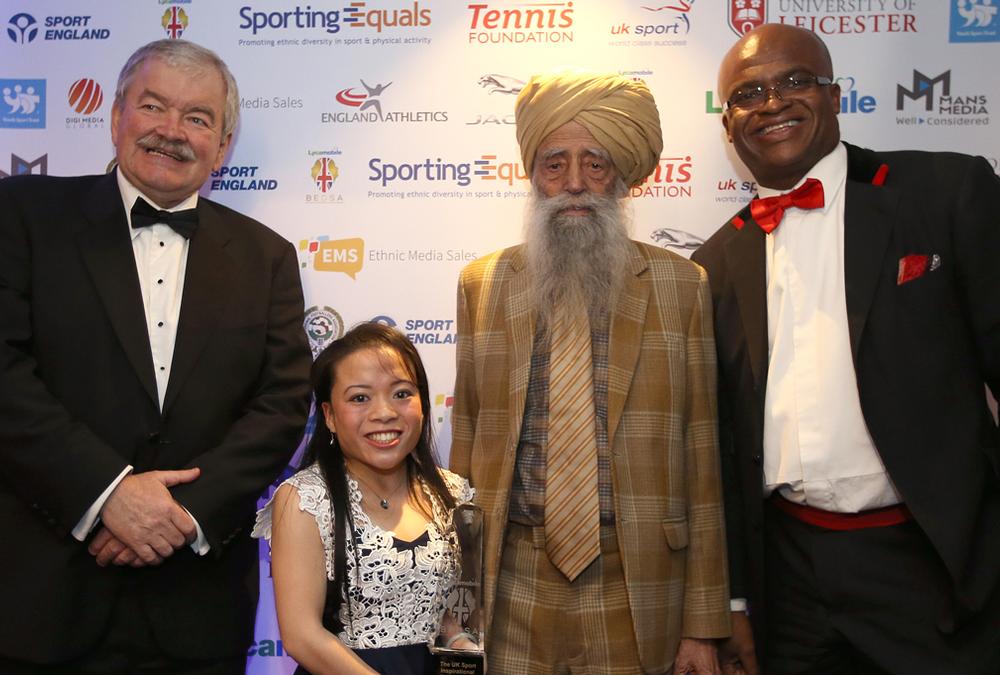
Centre Manager
Director of Operations
Fitness Motivator
Recreation Assistant/Lifeguard (NPLQ required)
Membership Manager
Recreation Assistant
Duty Manager (Dry)
Swim Teacher
Swim Teacher
Chief Executive Officer, Mount Batten Centre
Swim Teacher
Swimming Teacher
Swimming Teacher
Company profile

Featured Supplier

Property & Tenders
Company: Knight Frank
Company: Belvoir Castle
Company: AVISON YOUNG
Company: London Borough of Bexley
Company: Forestry England















